Capacity4dev.eu reviews the most popular Voices & Views in 2015, a landmark year for development with several key events taking place as well as the International Year of Evaluation and the European Year for Development.
We’ve selected the most popular Voices & Views from each month. We’re also keen to hear which ones were your favourites and which topics you would like to see covered in 2016. Share your thoughts with us by using the comments box below.
|
January: Here is the Evaluation Report... so now what do we do? When we talk about evaluation, we often focus on its approaches and methods, how to undertake an evaluation, and the report. This is all very good and useful, but it is not the whole story. Evaluation is essentially part of a wider process of learning. |
|
|
February: Erasmus+ and Erasmus Mundus: Opening up Universities to the World “We see Erasmus Mundus as an opportunity to communicate, to learn and to exchange experiences and knowhow with regions outside the European Borders and this is very enriching,” said Bárbara Costa, Director of the International Office at the University of Porto. Find out how the Erasmus programme is helping development around the world. |
|
|
March: Agriculture’s Data Revolution “If we can replace the hand hoe with a smartphone as the most common tool in the hands of an African farmer, then we are halfway towards our dream,” said Theo de Jager. That dream is to combat poverty in Africa by helping growers make the most of increasingly abundant data on prices, materials and weather. |
|
|
April: Health via Healthy Roads It may seem curious to begin the fourth thematic month of the European Year for Development on Health by talking about roads, but as experience in Ethiopia has shown, improving transport infrastructure can make a big difference to people’s well-being. |
|
|
May: A New Approach to Finance for Development Achieving the Sustainable Development Goals will not be limited by an overall lack of money, but rather will depend on “the way finance is mobilised and used”. That’s the message from the European Report on Development 2015, released this week. |
|
|
June: No Peace without Development: EU-UN Cooperation in Fragile Countries “One of the most important messages that I have today is that we need to understand that the life of a conflict is much longer than it seems on the surface. That’s why we have to listen to the first signs. Whether it is a conflict, a disease, or a humanitarian crisis. We pay such a huge price of waiting so long [to act],” said Jan Eliasson, Deputy Secretary-General of the United Nations. |
|
|
July: Putting Culture in Development Whether helping to foster democracy in the Middle East, teaching adolescents about sexually transmitted diseases in Russia, or denouncing domestic violence in the Solomon Islands, the links between cultural expression and the development agenda are many and varied. |
|
|
August: Urban Planning: Creating Sustainable and Safe Cities A group of people composed of slum dwellers from several African cities has been contributing to improving urban planning in Monrovia. Liberia’s capital was originally built with half a million people in mind. But the steadily growing population over the last five decades and conflicts during the 1990s swelled Monrovia’s population to 1.6 million; overwhelming its capacity to provide water, sanitation and housing. |
|
|
September: Leveraging Private Sector Participation for Development With countries like Myanmar approaching critical points of no return in their economic and social development, financing and support mechanisms must promote sustainable and socially-responsible growth. “We are open for business – but not at all costs,” said Aung Tun Thet, the Economic Advisor to the President of the Republic of the Union of Myanmar, “We will dictate the kind of investment we want.” |
|
|
October: Assessing the Impact of Corporate Social Responsibility Corporate social responsibility (CSR) is now a well-established field in which companies are expected to take measures to improve their impacts on society and the environment. But why should businesses be more responsible, how can this influence development, and how can they assess their impact? |
|
|
November: Supporting the Smallholders who Feed the World By 2050, the world’s farmers will have two billion more mouths to feed. Significant improvements to agricultural productivity are needed - particularly on the small farms of less than two hectares which produce nearly 70% of the world’s food. Supporting and promoting these smallholder farmers is increasingly urgent. |
|
|
December: A firmer future for family planning in Zambia's remotest communities Marie Stopes Zambia's (MSZ) innovative family planning project is coming to an end of its funding (around €750,000) from the European Union. However, MSZ plans to continue delivering family planning services in 2016 in conjunction with other donors, says MSZ Senior Programme Manager Julia Ross. |
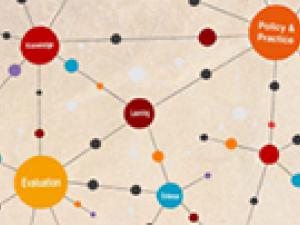




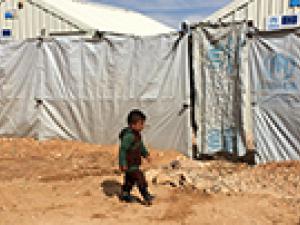
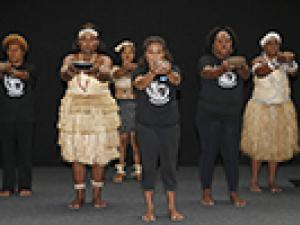
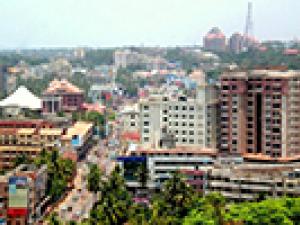
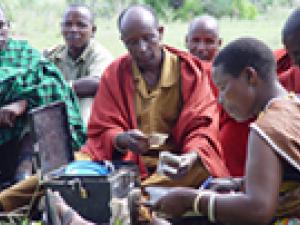
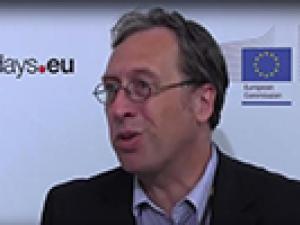
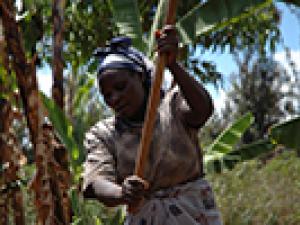

Log in with your EU Login account to post or comment on the platform.